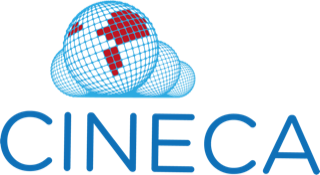Authors: Éloïse Gennet & Melanie Goisauf
Keywords: ELSI, data sharing, secondary data, FAIR, data processing, consent, international data sharing
The aim of this deliverable is to give an overview of all the different ethical, legal and societal issues that the CINECA project might be confronted with: public health ethics, personal data protection, ethics of data sharing, protection of consent and vulnerability as well as compliance issues between Canada, Africa and Europe in pursuit of the project goal to enable the exchange of population scale health data across international borders to allow and promote the reuse of data for health research. The rationale for sharing and reusing data in public health research is deeply rooted in the promotion of a fair distribution of research risks and benefits, and it has become an essential and powerful tool for public health research. D7.1 has been elaborated in a bottom up approach, starting from the practical legal and ethical issues encountered notably through Work Package 9 (EC Ethics Requirements). As a basis for the lawful and ethical guarantees for data sharing and reuse within CINECA, all cohorts and consortiums have provided for the copies of their own ethics approvals (Deliverable 9.4), and they are all independently responsible for ensuring researchers accessing data have their own research ethics approval. This deliverable will serve as a starting point for the future deliverable 7.2 which will be aimed at identifying and discussing the gaps in the different legislative or regulatory frameworks and corresponding literature.
As a consequence, this deliverable will be divided into two main parts, the first one focusing on the collective perspectives of international data sharing in public health research (I), the second one examining the opposite perspective of the protection of individual data subjects when their personal data is used for secondary processing (II). Afterwards, future developments will be briefly mentioned (III) before highlighting some of the difficulties encountered in Work Package 9 (IV) and finally listing the references (V).
Read More


